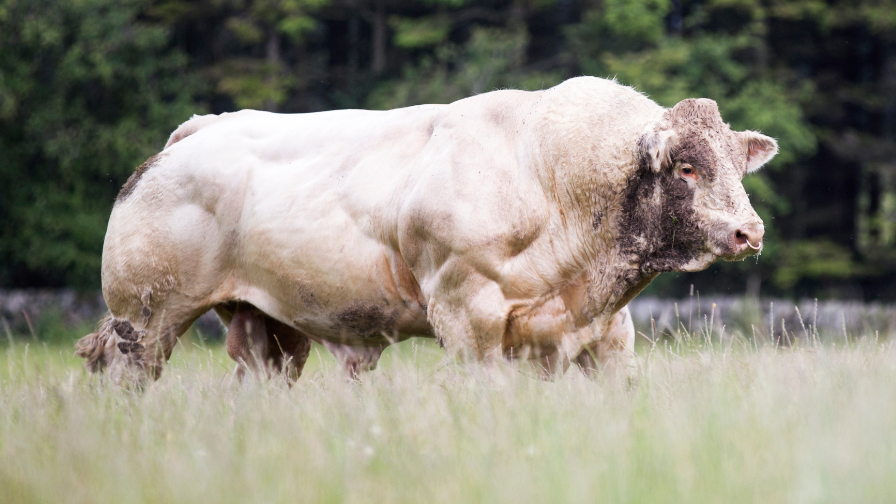Monitor Stock Bull Fertility to Maximise Herd Profitability
31 May 2023Bull fertility is key to maintaining a compact calving period to maximise herd profitability. Pre-breeding assessments and continued monitoring of bulling activity are important for increasing herd fertility and productivity.

Pre-breeding assessments
With bulling season imminent in many beef herds now is the time to consider putting breeding bulls through a pre-breeding examination.
This should be carried out at least six weeks prior to mating and include semen testing as well as a physical examination. There are no guarantees that a bull will retain fertility from one breeding season to the next, with subfertility affecting up to 25% of bulls, it is vital you know the bulls are capable of doing the job.
There is funding available for assessment of bull fertility and bull pre-breeding examinations as part of the Scottish Government’s ‘Preparing for Sustainable Farming’ under the animal health and welfare interventions aimed at better production efficiency. Speak to your local vet for advice and further information.
Continued monitoring
Irrespective of the age of the bull, it is important to monitor bull performance during the breeding period. Make sure that cows are holding to service, to reduce the risk of experiencing losses from bull infertility. There is a lot which can go wrong with a bull, affecting his ability to serve cows, including lameness and/or injury to his penis.
Regularly observing bulls for the first two months means you can pick up on any issues quickly before these have a major impact on herd fertility and productivity. Record when you see a cow mated and watch for signs of her repeating. A significant number of cows returning to service could suggest bull fertility or libido issues.
It is important to continue to monitor bulling activity, particularly where bulls are changed between groups during mating.
If you have concerns with bull fertility, seek advice from your vet as soon as possible in order to tackle the problem early on in the breeding season.
For more information, refer to;
The Cost Of Bull Infertility | Helping farmers in Scotland | Farm Advisory Service (fas.scot)
Preparing for Sustainable Farming full guidance (ruralpayments.org)
Sarah Balfour
Sign up to the FAS newsletter
Receive updates on news, events and publications from Scotland’s Farm Advisory Service
